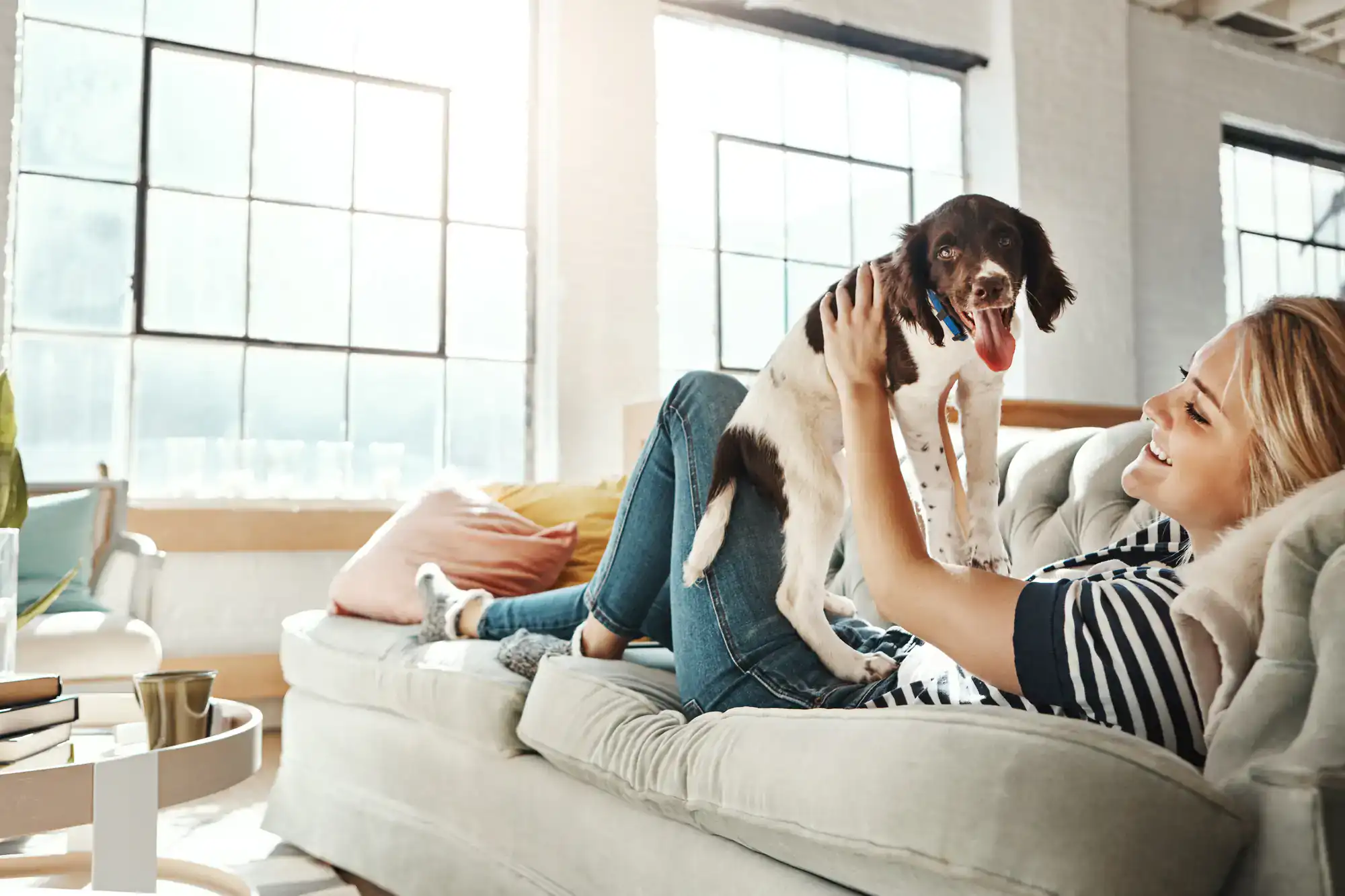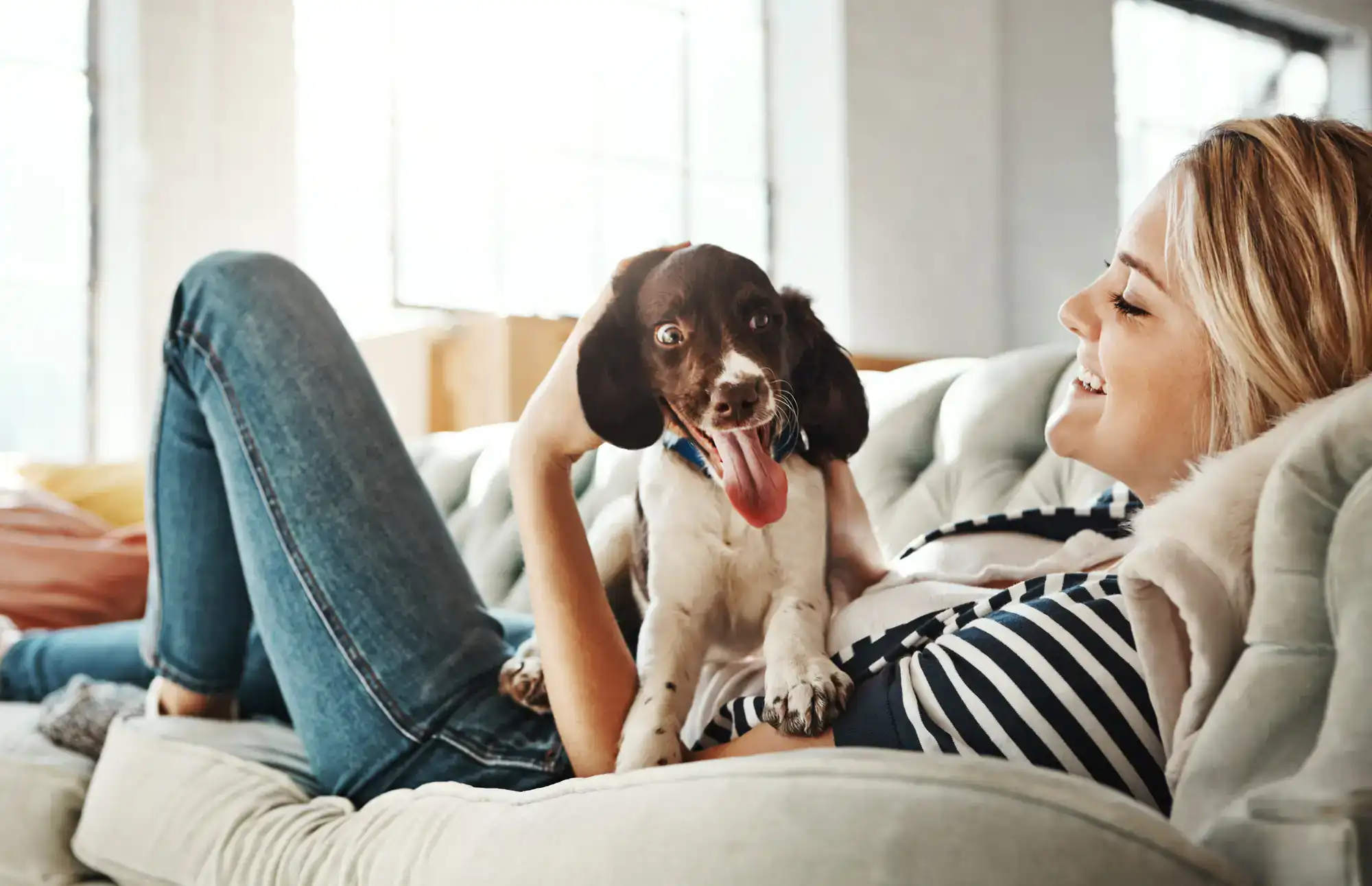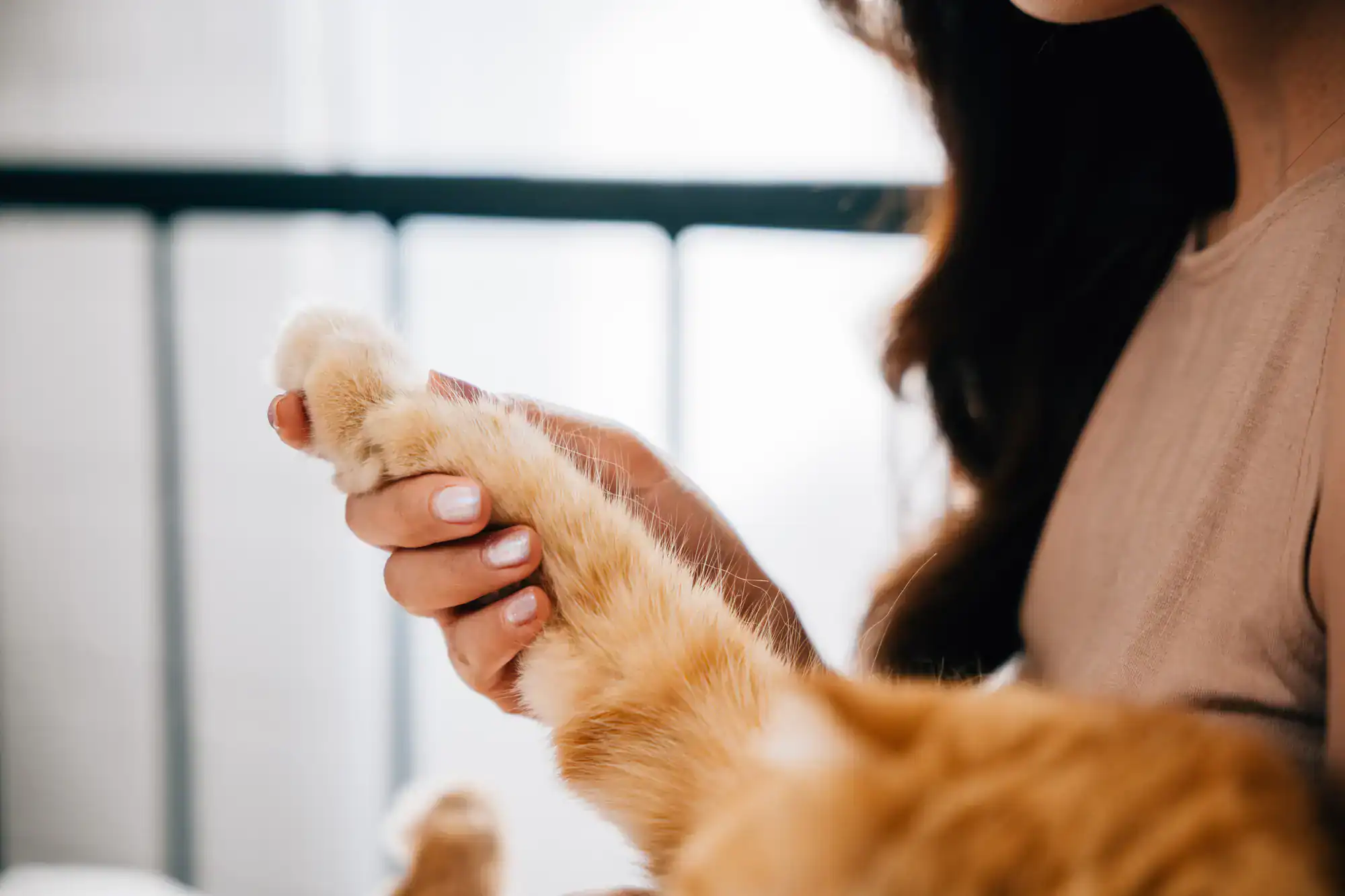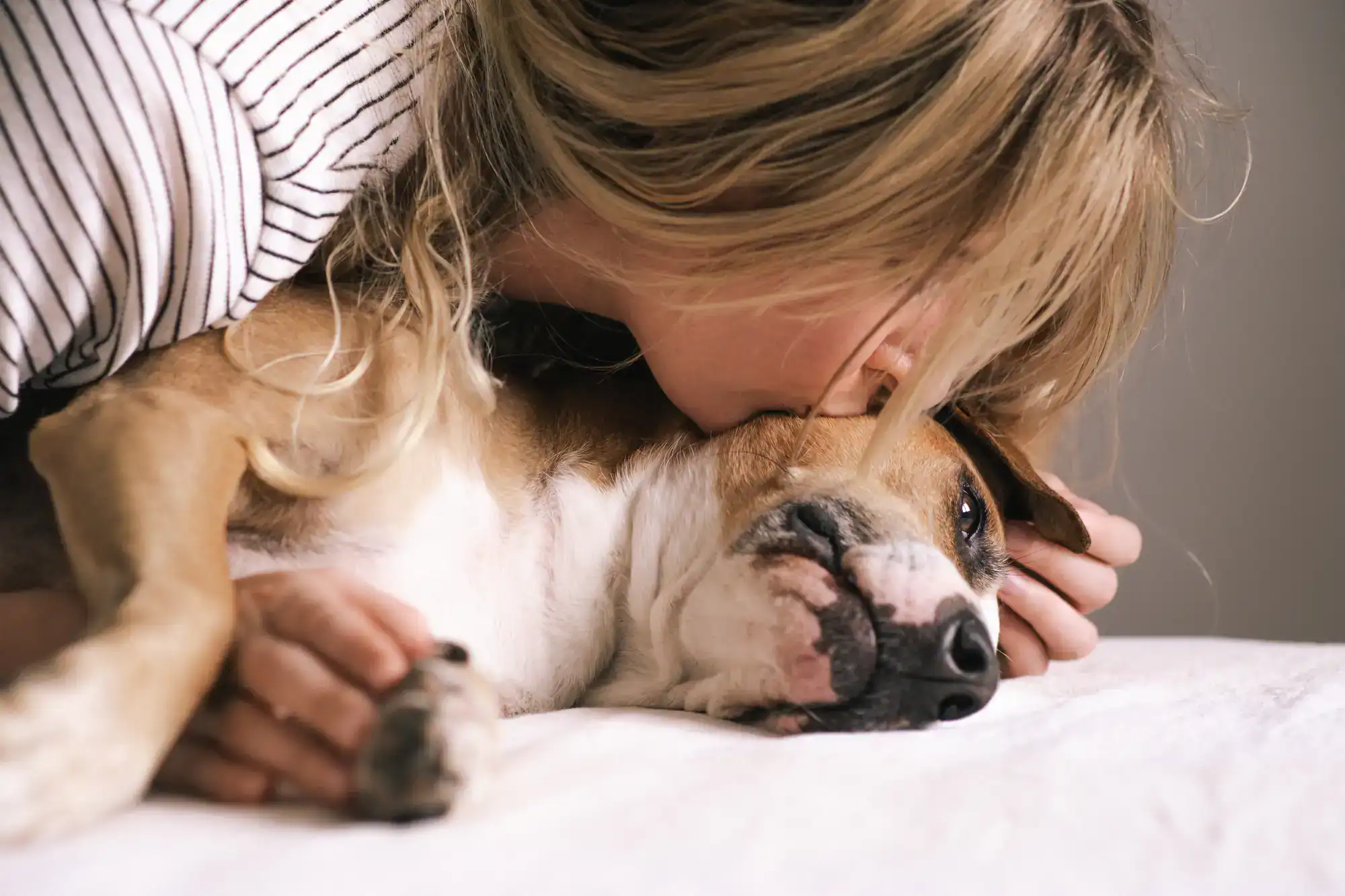Pet Loss Support in Deco, TX
Turn Devastating Pet Loss Into Healing Hope
Professional grief counseling and practical coping strategies that honor your pet’s memory while guiding you toward genuine peace and recovery.

Hear from Our Customers

Pet Grief Counseling Deco TX
Right now, you’re probably feeling like no one understands the depth of your pain. The silence in your home feels deafening. You might be replaying those final moments, wondering if you made the right decisions.
This overwhelming grief you’re experiencing isn’t weakness – it’s love with nowhere to go. Your pet wasn’t “just an animal.” They were your daily companion, your emotional support, sometimes your only family member who greeted you every single day.
You’ll learn to carry this love forward instead of letting it destroy you. The crushing weight in your chest will lift. You’ll smile when you think of them instead of breaking down. And you’ll know exactly when and if you’re ready to love another pet again.
Pet Bereavement Support Deco
Angel Oaks Pet Crematory has been helping Deco, TX families navigate pet loss since 1989. We’re not just another crematory – we’re certified members of the American Association for Pet Loss and Bereavement.
Our team includes two full-time veterinarians who understand the medical and emotional complexities of pet loss. We’ve supported families through every type of loss: sudden accidents, long illnesses, elderly pets, and the heartbreaking decision of euthanasia.
In Deco, we know many residents rely on pets for companionship, especially our senior community members. We understand that losing a service animal means losing independence. We recognize that for many families, pets are the primary emotional support system.

Coping With Pet Loss Deco
First, we validate what you’re experiencing. Pet grief follows seven distinct stages, but you won’t experience them in order, and that’s completely normal. You might feel angry one day, depressed the next, then suddenly feel acceptance before cycling back to denial.
Next, we tackle the practical challenges that no one talks about. How do you handle coming home to silence? What do you do with their belongings? How do you manage other pets who are also grieving? We give you specific strategies that work.
Finally, we help you create a new normal that honors your pet’s memory without keeping you trapped in grief. This includes deciding if and when you’re ready for another pet, handling special dates like their birthday, and finding meaning in your loss that can help other pet owners.

Ready to get started?
Pet Loss Resources Deco TX
Our pet loss support includes one-on-one grief counseling, educational resources about the mourning process, and connections to local Deco support groups. We help you understand why losing a pet can hurt as much as losing a human family member.
You’ll receive practical guides for managing immediate grief symptoms, helping children process pet death, supporting other pets in your household, and creating meaningful memorials. We also provide resources in Spanish for our Hispanic community members.
We offer 24/7 phone support during crisis moments, flexible scheduling for counseling sessions, and follow-up check-ins during difficult anniversaries. Our support extends as long as you need it – there’s no timeline pressure to “get over it” by a certain date.

How long will this intense grief last and when should I worry?
Why do I feel so guilty about my pet's death?
How do I handle the devastating silence in my house?
Should I get another pet to help with this pain?
How do I help my children understand pet death?
What do I say to people who don't understand my grief?
Other Services we provide in Deco
